Sleep Study

Quick Summary
- A sleep study, also called Polysomnography, is an overnight, non-invasive examination that enables doctors to observe you as you sleep in order to learn what is happening in your brain and body.
- It is used to identify Sleep Disorders such as Sleep Apnea, Insomnia, Restless Legs Syndrome (RLS), Narcolepsy, Periodic Limb Disorder, Sleepwalking, Sleep Talking ( Somniloquy), and REM Sleep Behavioural Disorder.
What is Sleep Study?
A sleep study, also called Polysomnography, is an overnight, non-invasive examination that enables doctors to observe you as you sleep in order to learn what is happening in your brain and body. It is used to identify Sleep Disorders such as Sleep Apnea, Insomnia, Restless Legs Syndrome (RLS), Narcolepsy, Periodic Limb Disorder, Sleepwalking, Sleep Talking ( Somniloquy), and REM Sleep Behavioural Disorder.
What is Sleep Study?
What are the types of Sleep Studies?
The different types of Sleep Studies are as follows:
- Diagnostic Daytime Multiple Sleep Latency Test ( MSLT): During daytime naps, this testing examines how quickly someone falls asleep and progresses into REM sleep. This test is primarily used to identify excessive daytime sleepiness caused by Narcolepsy.
- Home Sleep Apnea Testing: Overnight data on a patient's breathing, heart rate, and other factors are collected during Home Sleep Apnea Testing.
- Diagnostic Overnight Polysomnography (PSG): In Polysomnography, a patient spends the night in a specialised clinic and is monitored by a sleep technician. Several functions are observed, such as eye movements, brain and muscle activity, respiratory effort and airflow, blood oxygen levels, body positioning and movements, snoring, and heart rate.
- Two-night evaluation PSG and CPAP Titration: The first night after obtaining a diagnostic examination if the doctor determines that you have sleep apnea, the doctor may ask you to return the next night so they can determine what air pressure is appropriate for your continuous positive airway pressure (CPAP) therapy.
- Split-night PSG with CPAP Titration: A test is performed when you have moderate to severe sleep apnea. To prevent your apnea, the sleep specialist determines the necessary CPAP pressure during the second portion of the night.


Who Needs Sleep Study?
If you suffer from the following problems mentioned below, then you require a Sleep Study:
- Snoring is an indicator of Sleep Apnea
- Depression
- Fatigue
- Difficulty to Concentrate
- Insomnia
How to Prepare for Sleep Study?
- Avoid afternoon naps before Sleep Study
- Alcohol and Caffeine should be avoided before a Polysomnogram as they can alter the sleep patterns and may exacerbate the signs of some sleep problems.
- Make sure your doctor is aware of any medications you take as they may interfere with the study.
What to Expect During a Sleep Study
- The electrodes and other devices will track your movements, sleep stages, breathing patterns, and brain waves while you sleep.
- By using an Electroencephalogram, the electrical activity of the brain is recorded.
- Electrodes are attached to the scalp.
- A flat plastic microphone is placed around your neck to record snoring.
- An Electrocardiogram is used by placing sticky pads on the chest to monitor the heart rhythm.
- Breathing measurements are taken with stretchy cloth straps across the chest and abdomen.
- A finger-mounted oxygen saturation metre that continuously measures oxygen saturation.
- An Electro-Oculogram (EOG) measures eye movement using electrodes close to the eye.
- Sticky pads or electrodes are placed on the forearms to record muscle activity using Electromyography (EMG).
What to Expect After Sleep Study?
- After polysomnography, the sensors are taken out, and you are free to leave the sleep centre.
- It typically takes the sleep specialist two weeks to analyse it and report the findings to the doctor.
What are the Results of the Sleep Study?
The Results of the Sleep Study can be interpreted as follows:
- Sleep Efficiency: These findings express the total number of minutes you slept divided by the total length of time you were observed sleeping.
- Apnea-Hypopnea Index (AHI): This examines how frequently a person has Sleep Apnea and Hypopnea.
- Oxygen Desaturation Index (ODI): In order to determine whether someone has sleep-disordered breathing, it is important to know how frequently their oxygen level falls while they are asleep.
- Heart rate: A normal heartbeat is typically between 60 and 100 beats per minute (BPM). Tachycardia is referred to if it rises above100. A heart rate below 60 BPM is Bradycardia.
Conclusion
The doctor might advise you to take part in a sleep study if you have trouble falling asleep. In order to participate in the study, you must spend the night in a sleep lab where you will be connected to several monitors that will track your every breath and movement.
Last Updated on: 23 August 2024
Reviewer

Dr. Aman Priya Khanna
MBBS, DNB General Surgery, FMAS, FIAGES, FALS Bariatric, MNAMS General Surgery
13 Years Experience
Dr Aman Priya Khanna is a highly experienced and National Board–Certified Laparoscopic, GI, and Bariatric Surgeon with over 13 years of clinical expertise.
He is widely regarded as one of the best bariatric surgeons in Ahmedabad, ...View More
Author
HexaHealth Care Team
HexaHealth Care Team brings you medical content covering many important conditions, procedures falling under different medical specialities. The content published is thoroughly reviewed by our panel of qualified doctors for its accuracy and relevance.
Expert Doctors (10)
NABH Accredited Hospitals (5)
Latest Health Articles



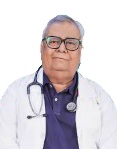

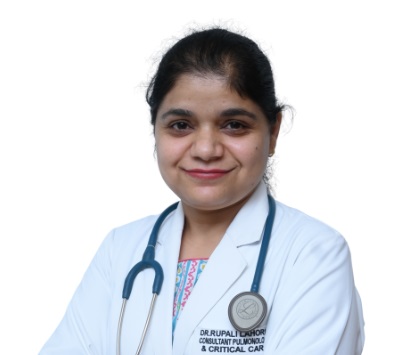
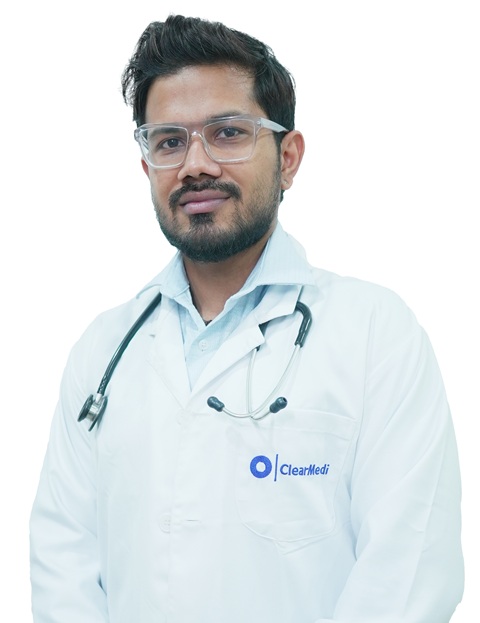
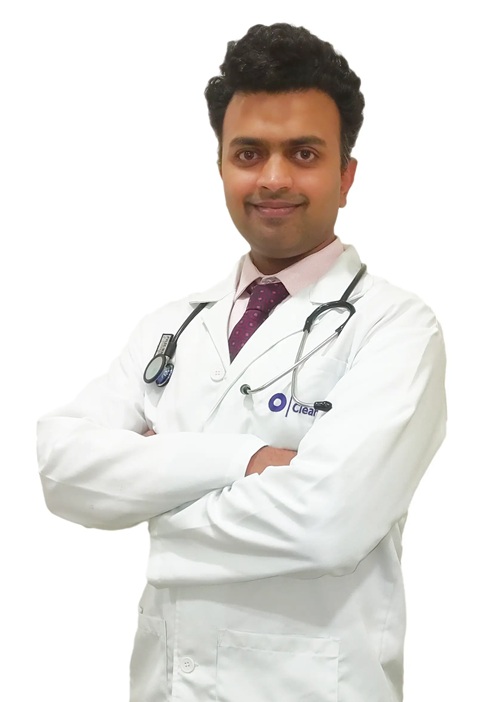
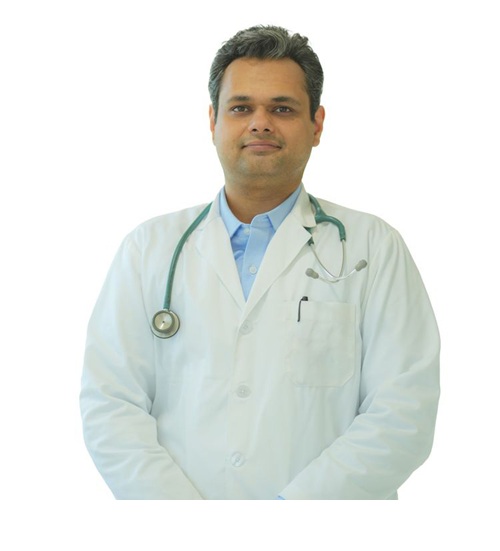
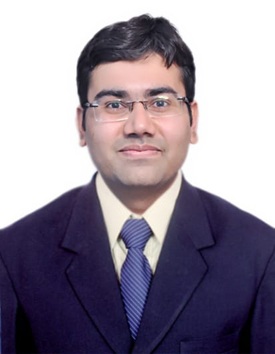
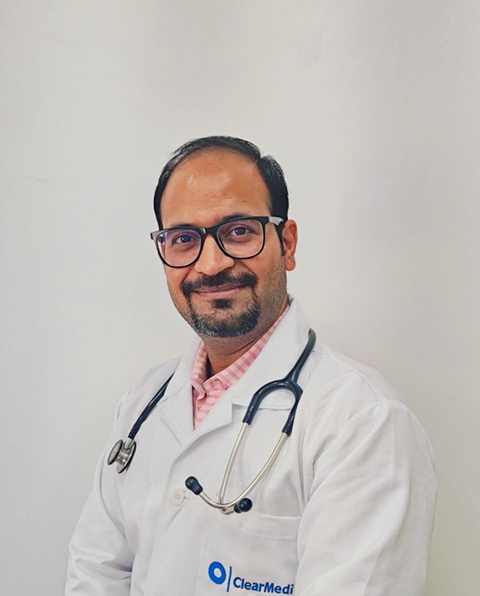








 Open In App
Open In App